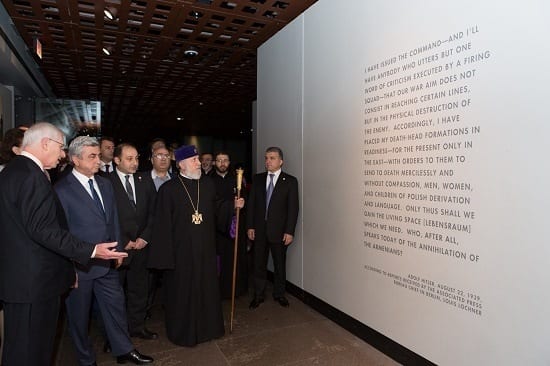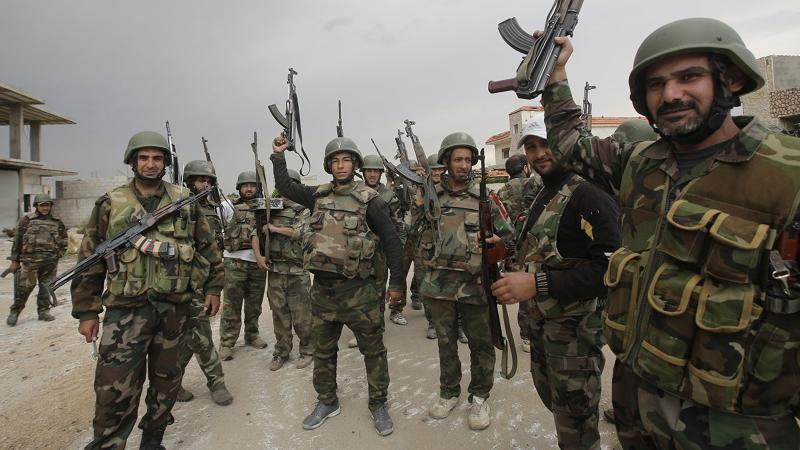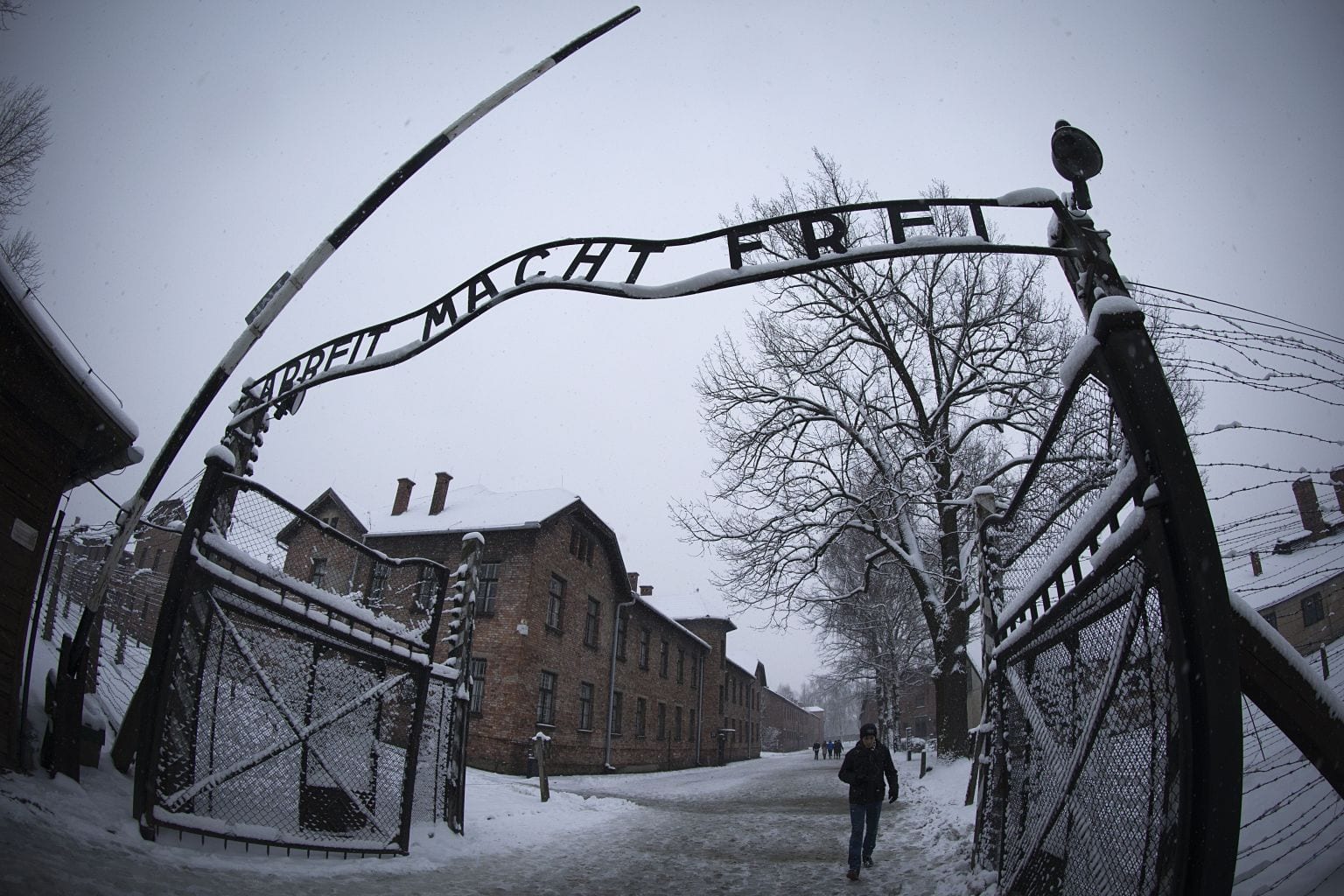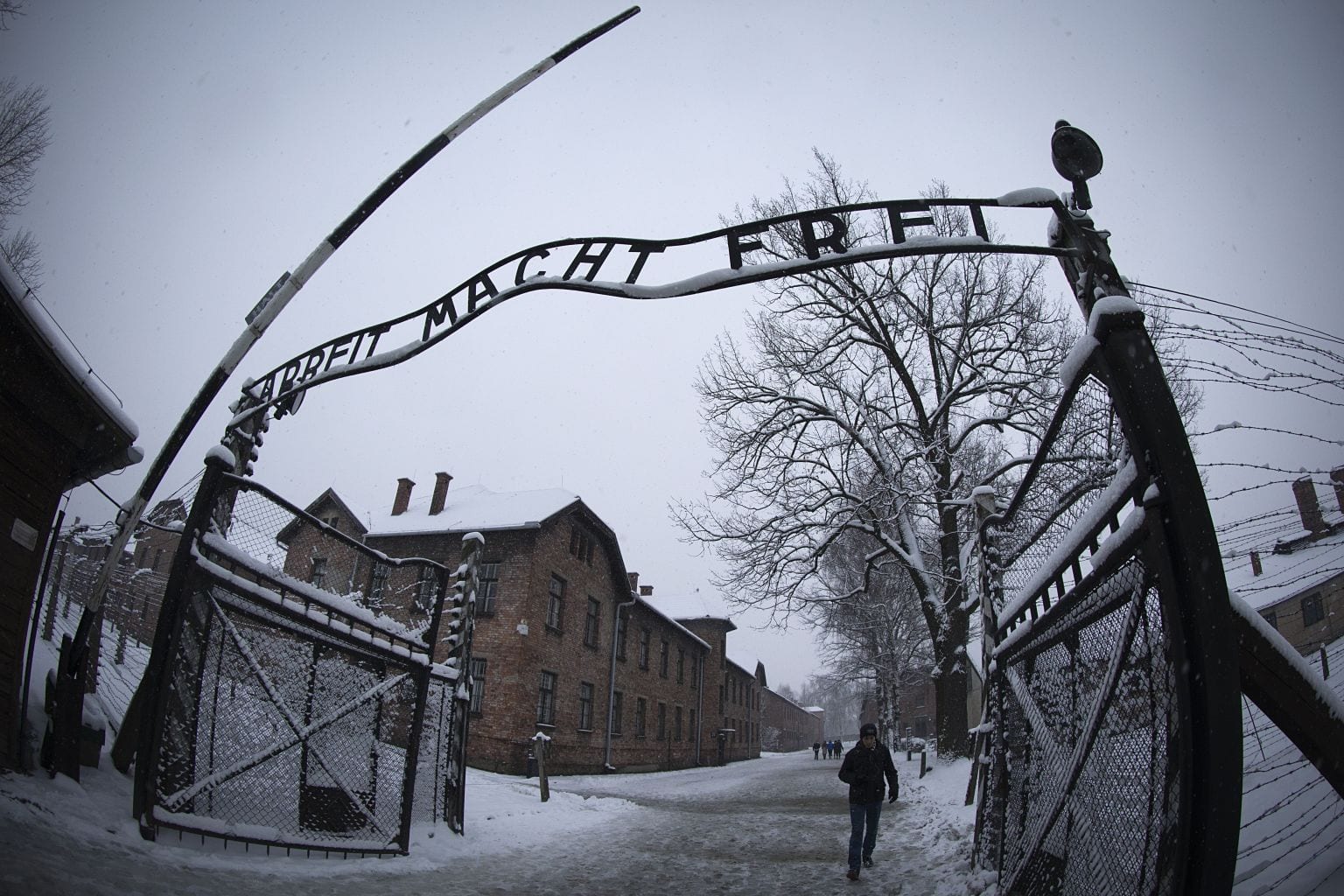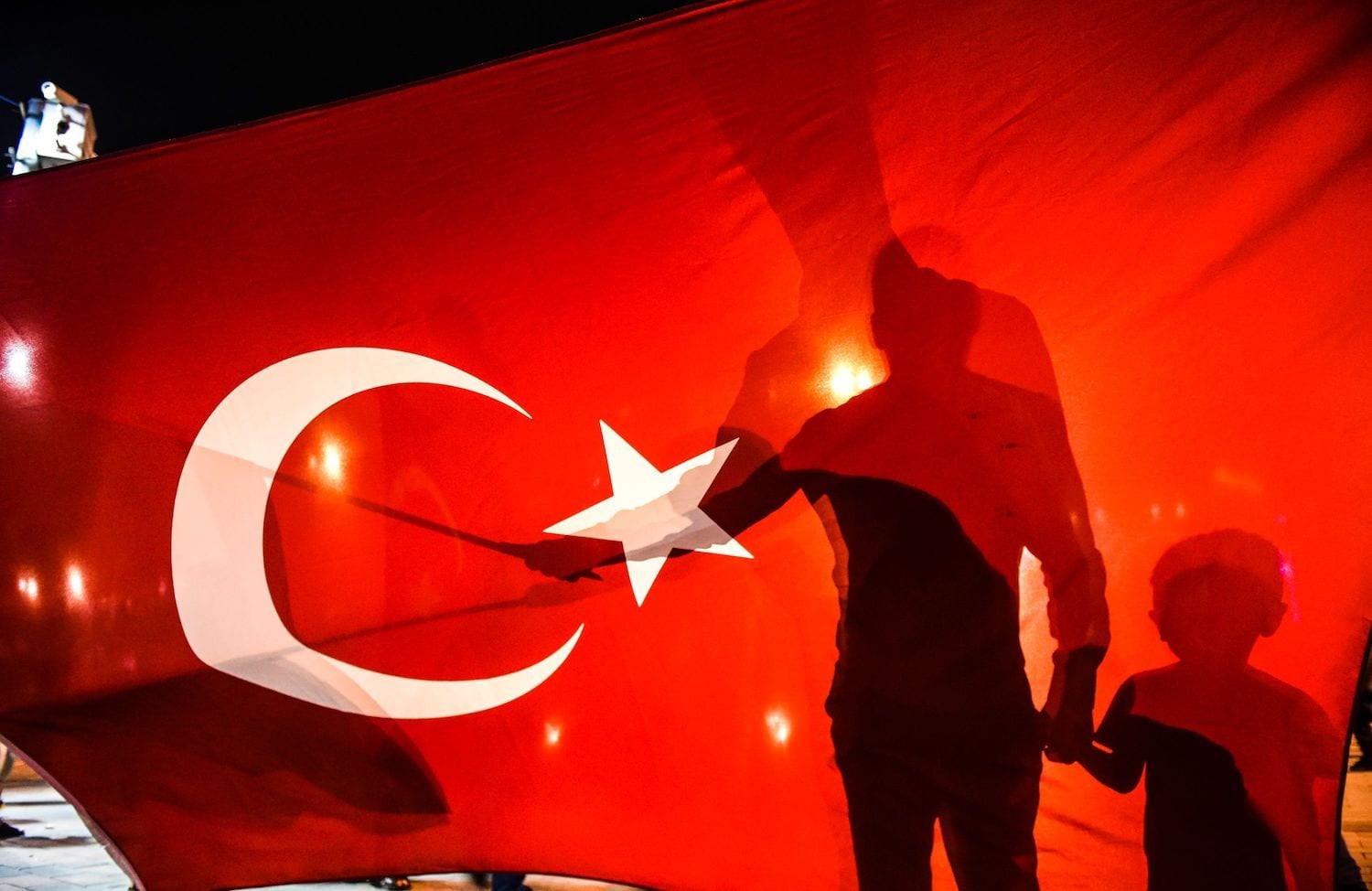Lt. Gen. H.R. McMaster to Leave the Trump White House
Trump named John R. Bolton, a hard-line former American ambassador to the United Nations, as his third national security adviser on Thursday, continuing a shake-up that creates one of the most hawkish national security teams of any White House in recent history.
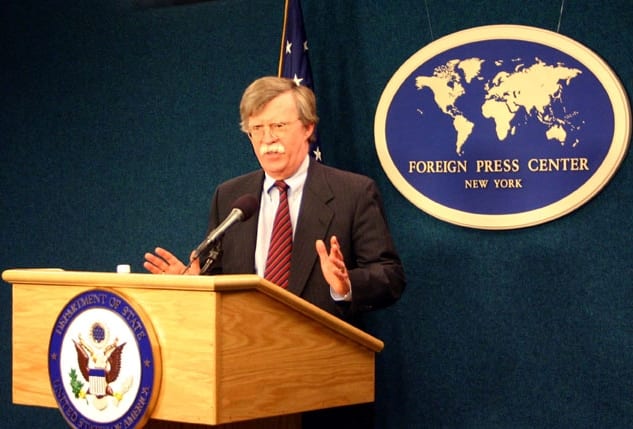
Mr. Bolton will replace Lt. Gen. H. R. McMaster, the battle-tested Army officer who was tapped last year to stabilize a turbulent foreign policy operation but who never developed a comfortable relationship with the president.
The move, which was sudden but not unexpected, signals a more confrontational approach in American foreign policy at a time when Mr. Trump faces mounting challenges, including from Iran and North Korea.
The president replaced Secretary of State Rex W. Tillerson last week with the C.I.A. director, Mike Pompeo, a former Army officer and Tea Party congressman who has spoken about regime change in Pyongyang and about ripping up the Iran nuclear deal.
Mr. Bolton, an outspoken advocate of military action who served in the George W. Bush administration, has called for action against Iran and North Korea. In an interview on Thursday on Fox News, soon after his appointment was announced in a presidential tweet, he declined to say whether Mr. Trump should go through with a planned meeting with North Korea’s leader, Kim Jong-un.
Continue reading the main story
General McMaster will retire from the military, ending a career that included senior commands in Iraq and Afghanistan. He had discussed his departure with Mr. Trump for several weeks, White House officials said, but decided to speed it up because questions about his status were casting a shadow over his exchanges with foreign officials.
Mr. Trump, the White House officials said, also wanted to fill out his national security team before his meeting with Mr. Kim, which is scheduled to occur by the end of May.

Mr. Bolton, who will take office April 9, has met regularly with Mr. Trump to discuss foreign policy. Though he has been on a list of candidates for the post since the beginning of the administration, officials said Mr. Trump has hesitated, in part because of his negative reaction to Mr. Bolton’s walrus-style mustache.
On Thursday, however, Mr. Trump summoned him to the Oval Office to discuss the job. Hours later, Mr. Bolton was on Fox, where he has been an analyst, for a pre-scheduled interview, in which he confessed surprise at how quickly Mr. Trump announced the appointment. “This hasn’t sunk in,” he said.
The news of the appointment competed with an exclusive interview on CNN of a former Playboy model, Karen McDougal, who described to Anderson Cooper what she said was a nine-month sexual relationship with Mr. Trump in 2006. Mr. Trump has denied the affair.
In his interview on Fox News, Mr. Bolton declined to discuss his views on Iran, Russia or North Korea, though he acknowledged his positions were hardly a mystery after years of writing and speaking. He described the job of national security adviser as making sure that the bureaucracy did not impede the decisions of the president.
Officials said that General McMaster’s departure was a mutual decision and amicable, with little of the recrimination that marked Mr. Tillerson’s exit. They said it was not related to a leak on Tuesday of briefing materials for Mr. Trump’s phone call with President Vladimir V. Putin of Russia, which infuriated the president and did not help General McMaster’s case. Mr. Bolton complained on Fox News that “a munchkin in the executive branch” was responsible for the leak and called it “completely unacceptable.’’
Mr. Trump issued a statement that coincided with his tweet. “H. R. McMaster has served his country with distinction for more than 30 years,” the statement said. “He has won many battles and his bravery and toughness are legendary. General McMaster’s leadership of the National Security Council staff has helped my administration accomplish great things to bolster America’s national security.”
General McMaster said in a telephone interview on Thursday that his departure had been under discussion for weeks, and, “really, the only issue that had been left open is timing.” He would have preferred to stay in the West Wing until the summer, but the timing was dictated by “what was best for him and the country,” he said, referring to the president.
Interactive Graphic
Turnover at a Constant Clip: The Trump Administration’s Major Departures
Since President Trump’s inauguration, staffers of the White House and federal agencies have left in firings and resignations, one after the other.

White House officials said the Army sounded out General McMaster, who is a three-star general, about four-star commands after he left the White House, but he declined them. Defense Secretary Jim Mattis has had a contentious relationship with General McMaster, and it was not clear what role he played.
Democrats greeted the news about Mr. Bolton with deep alarm. “The person who will be first in first out of the Oval Office on national security matters passionately believes the U.S. should launch pre-emptive war against both Iran and North Korea with no authorization from Congress,” said Senator Christopher S. Murphy of Connecticut. “My God.”
Republicans, however, expressed satisfaction. “Selecting John Bolton as national security adviser is good news for America’s allies and bad news for America’s enemies,” said Senator Lindsey Graham of South Carolina. “He has a firm understanding of the threats we face from North Korea, Iran and radical Islam.”
Inside the National Security Council on Thursday night, one person described the mood among career officials as somber, with offices largely empty by 9 p.m., unusually early for an agency renowned for its round-the-clock work schedule.
General McMaster struggled for months to impose order not only on a fractious national security team but on a president who resisted the sort of discipline customary in the military. Although General McMaster has been a maverick voice at times during a long military career, the Washington foreign policy establishment had hoped he would keep the president from making rash decisions.
Yet the president and the general, who had never met before Mr. Trump interviewed General McMaster for the post, had little chemistry from the start, and often clashed behind the scenes.
General McMaster’s didactic style and preference for order made him an uncomfortable fit with a president whose style is looser, and who has little patience for the detail and nuance of complex national security issues.
They had differed on policy, as well, with General McMaster cautioning against ripping up the nuclear deal with Iran without a strategy for what would come next, and tangling with Mr. Trump over the strategy for American forces in Afghanistan.
Their tensions seeped into public view in February, when General McMaster said at a security conference in Munich that the evidence of Russian interference in the 2016 presidential election was beyond dispute. The statement drew a swift rebuke from Mr. Trump, who vented his anger on Twitter.
“General McMaster forgot to say that the results of the 2016 election were not impacted or changed by the Russians and that the only Collusion was between Russia and Crooked H, the DNC and the Dems,” Mr. Trump wrote, using his campaign nickname for Hillary Clinton. “Remember the Dirty Dossier, Uranium, Speeches, Emails and the Podesta Company!”
General McMaster also had a difficult relationship with the White House chief of staff, John F. Kelly, people close to the White House said. Mr. Kelly, they said, prevailed in easing out General McMaster but failed to prevent Mr. Trump from hiring Mr. Bolton, whom they said Mr. Kelly fears will behave like a cabinet official rather than a staff member.
Mr. Trump selected General McMaster last February after pushing out Michael T. Flynn, his first national security adviser, for not being forthright about a conversation with Russia’s ambassador at the time. Mr. Flynn has since pleaded guilty of making a false statement to the F.B.I. and is cooperating with Robert S. Mueller III, the special counsel investigating Russia’s interference in the 2016 election.
General McMaster carried out a slow-rolling purge of hard-liners at the National Security Council who had been installed by Mr. Flynn and were allied ideologically with Stephen K. Bannon, Mr. Trump’s former chief strategist, earning the ire of conservatives who complained that his moves represented the foreign policy establishment reasserting itself over a president who had promised a different approach.
General McMaster’s position at the White House had been seen as precarious for months, and he had become the target of a concerted campaign by hard-line activists outside the administration who accused him of undermining the president’s agenda and pushed for his ouster, even creating a social media effort branded with a #FireMcMaster hashtag.
Last summer, Mr. Trump balked at a plan General McMaster presented to bolster the presence of United States forces in Afghanistan, although the president ultimately embraced a strategy that would require thousands more American troops.
General McMaster had been among the most hard-line administration officials in his approach to North Korea, publicly raising the specter of a “preventive war” against the North. He was among those who expressed concerns about Mr. Trump’s abrupt decision this month to meet Mr. Kim, according to a senior official.


